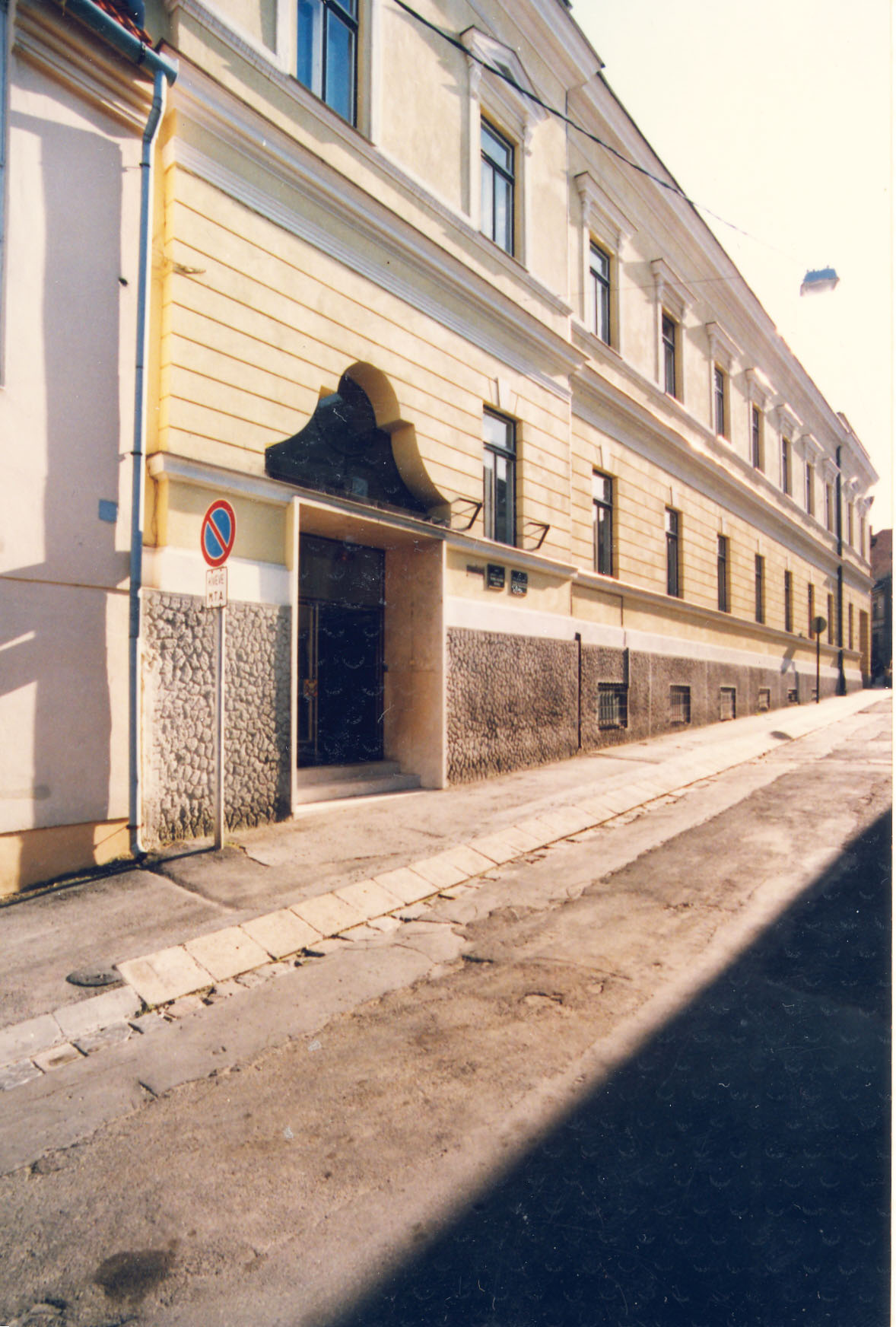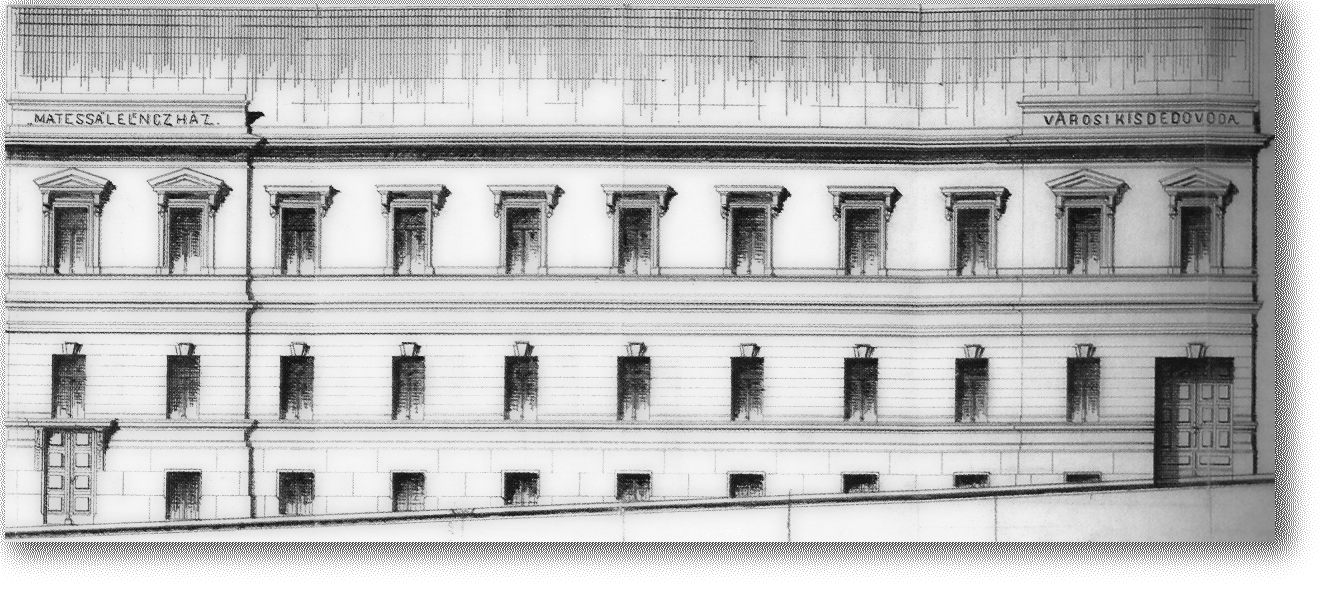HISTORY OF TRANSDANUBIAN RESEARCH INSTITUTE

The foundation of Transdanubian Research Institute (TRI) was initiated by JENŐ SZINYEI MERSE, the Minister of Religion and Public Education with historian degree, in year 1943. The foundation of Transdanubian Research Institute was explained by several motives, such as the relocation of Erzsébet University to Cluj-Napoca, the aim to follow the international tendencies of regional historical and geographical researches, the need for analysing the national minority policy of Transdanubia, and “counterbalancing the Pan-German scientific theory” and the research of the neighbouring Balkan regions.
TRI was founded on 20th April 1943 with a staff of four and started to operate within the institutional system of Erzsébet University. After temporarily working at a leased estate (Lánc Street. 22.) in 1946 it moved to its present location, which was functioning as an orphanage.
The first and founding director of the Institute was ZOLTÁN SZABÓ PÁL (1901 – 1965) a geographer who had strong ties to Pécs. Zoltán Szabó Pál prepared highly impressive institutional development concepts several times (1943, 1945, 1957) but he had no chances for their practical implementation.
The Institute's birth can be owed rather more to progressive social groups, than the state. As there was no hope for getting governmental help to finance the Institute, the director turned to these same social forces again for fundraising. He visited the counties and cities of Transdanubia which were progressive or very concerned about the trend of the German leading people to familiarize them with the objectives of the Institute and ask for financial support.
Fortunately he it from them. (The state of remuneration at the end of December 1943 shrunk to 3000 pengos which was very low).
Thus, the Transdanubian Research Institute was established not only for the benefit of Transdanubia but also mainly from the financial resources of Transdanubia.

 The Past
The Past Directors
Directors Researches
Researches Publications
Publications Staff
Staff Photo albums
Photo albums Timeline
Timeline Magyarul
Magyarul
